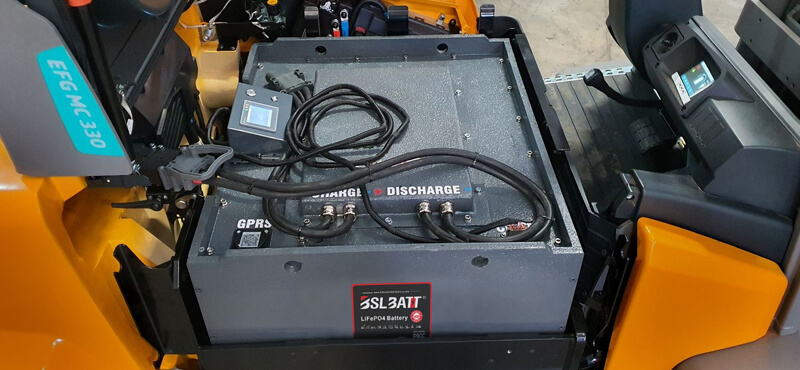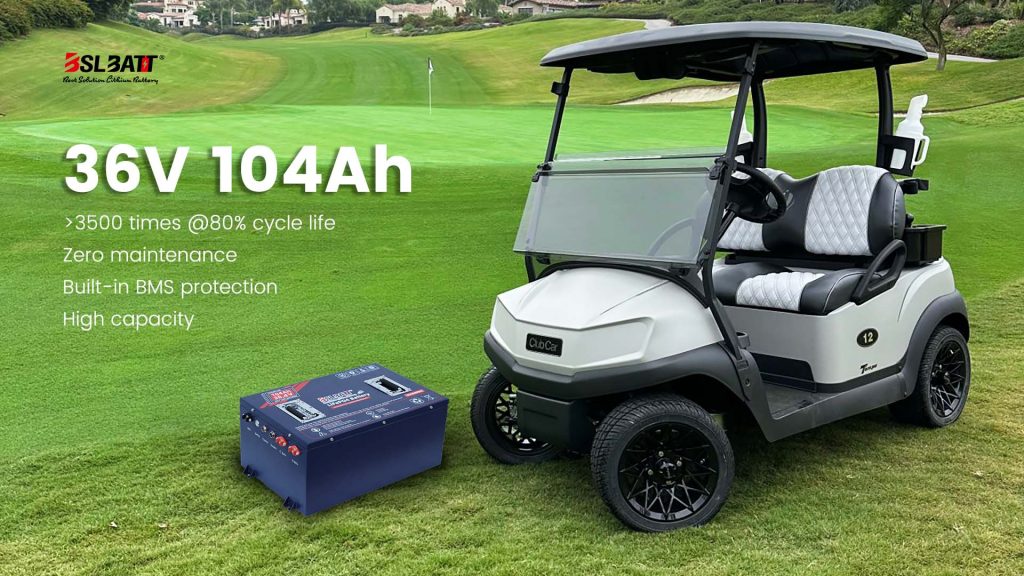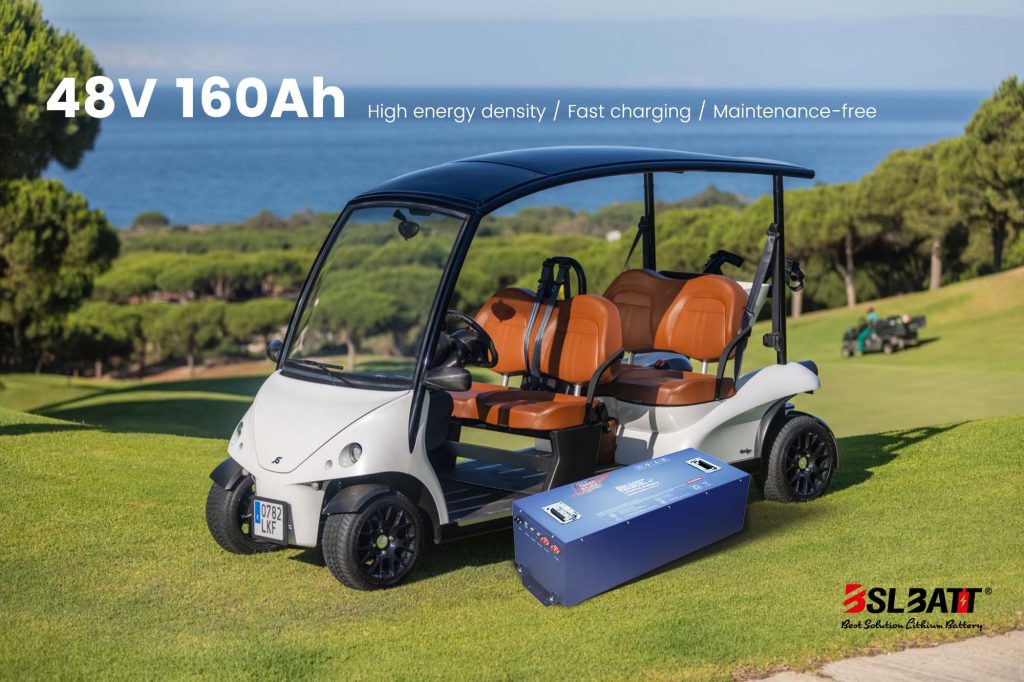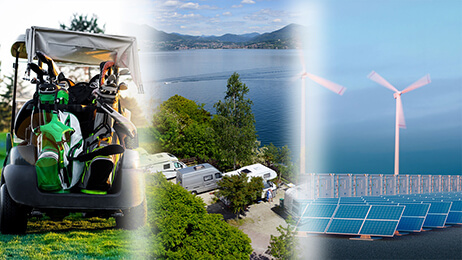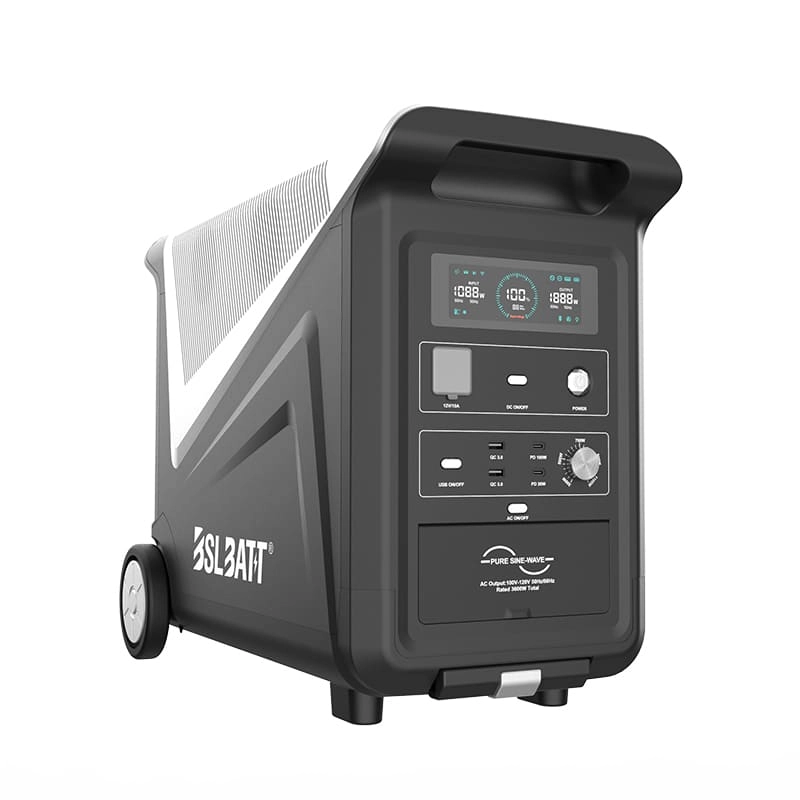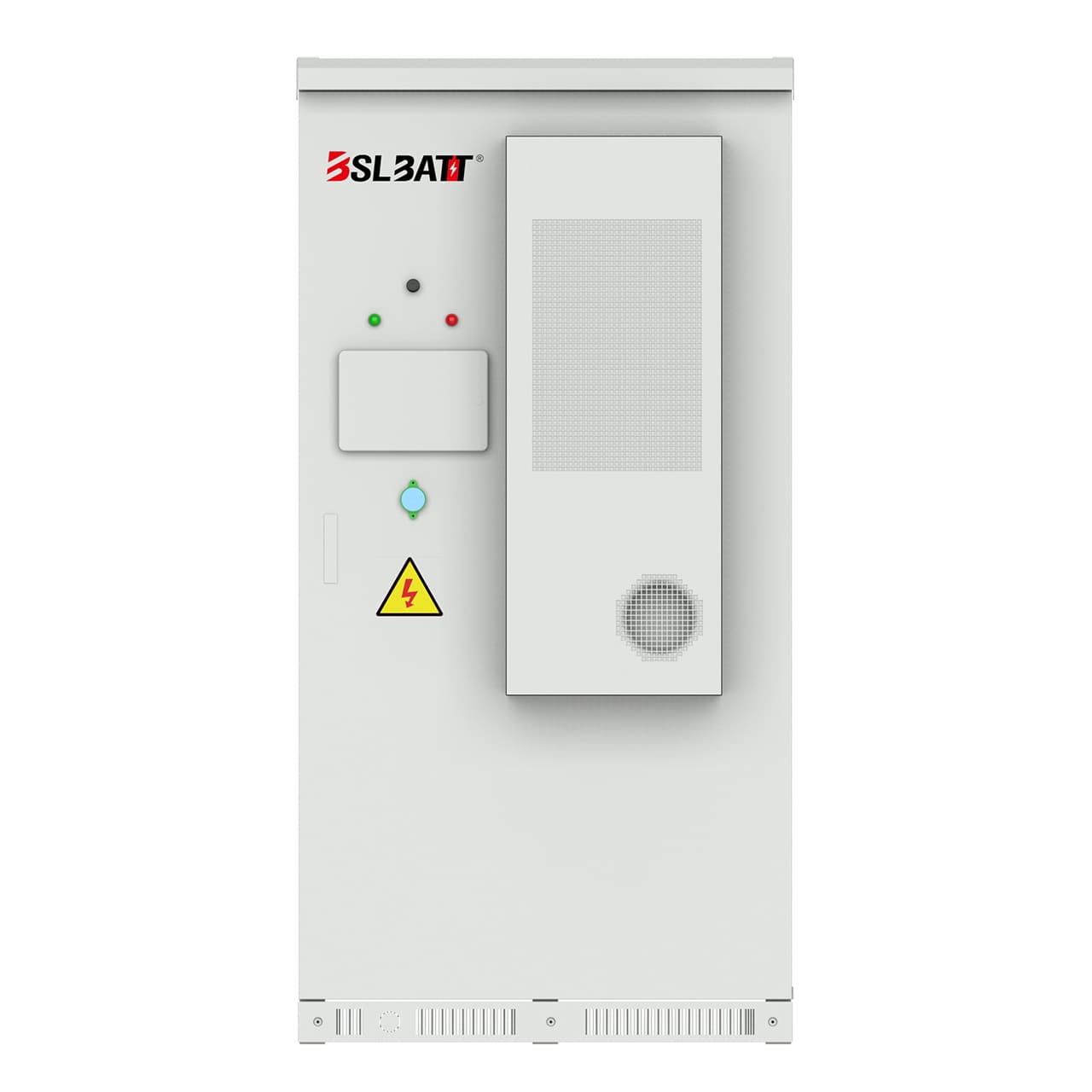Industry Application
Product Type
Choosing the Best Battery: A Comparison of LiFePO4 and Lithium-Ion
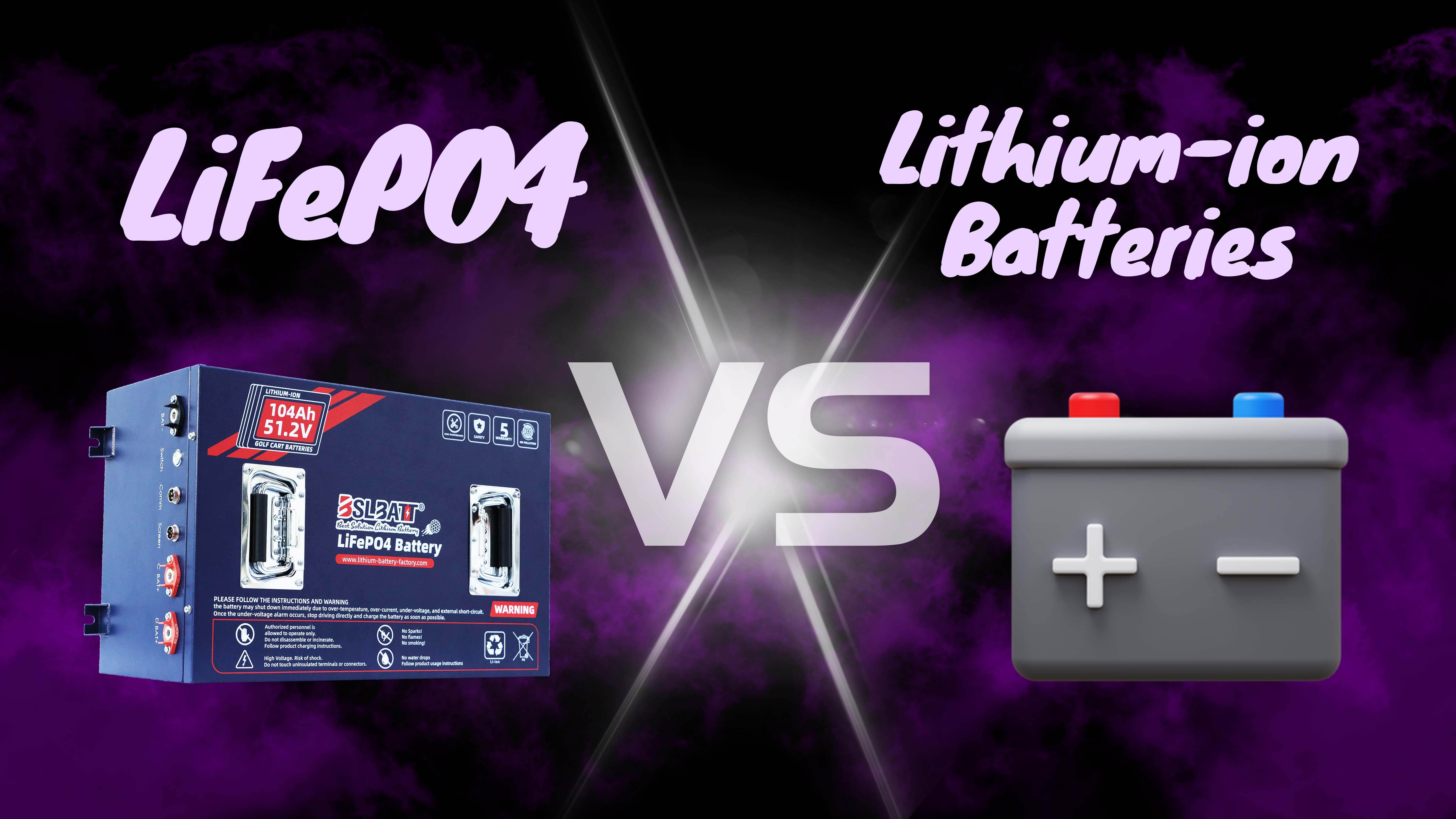
LiFePO4 batteries and lithium-ion batteries are two frequently utilized forms of rechargeable batteries. When evaluating these alternatives, it is crucial to take into account factors such as lifespan and safety. Despite both being rechargeable, they possess unique characteristics that differentiate them. In this section, we will conduct a comprehensive analysis to delve into their disparities.
The chemical composition of substances
LiFePO4 batteries, commonly referred to as lithium iron phosphate, possess a chemical composition that includes lithium, iron, and phosphate ions. This unique composition grants these batteries several advantageous qualities, such as enhanced safety, reduced weight, and improved stability when compared to traditional battery options. In contrast, Lithium Ion batteries consist of metallic lithium and composite cathode materials like cobalt, nickel, or manganese. This specific composition enables Lithium Ion batteries to exhibit exceptional energy density and efficiency. By understanding the distinct chemical compositions of these battery types, individuals can make informed decisions regarding their energy storage needs, ensuring optimal performance and safety.
Maintaining safety
LiFePO4 batteries have gained widespread recognition as a safer alternative to lithium-ion batteries due to their unique chemistry, which greatly reduces the risk of overheating or exploding. Unlike lithium-ion batteries, which can be hazardous if mishandled or damaged, best batteries for golf carts have a significantly lower likelihood of overheating and catching fire. This enhanced safety can be attributed to the stable nature of the LiFePO4 chemistry, which minimizes the occurrence of thermal runaway reactions that can trigger battery fires.
As a result of their superior safety features, LiFePO4 batteries are the preferred choice for applications where safety is of utmost importance. For instance, they are commonly used in solar power systems, electric golf carts, and industrial equipment. These batteries provide users with peace of mind, knowing that they have selected a reliable and secure power source that prioritizes safety above all else.
The stable chemistry of LiFePO4 batteries not only reduces the risk of overheating and explosions but also ensures a longer lifespan and improved performance. These batteries have a higher cycle life compared to lithium-ion batteries, meaning they can be charged and discharged more times before their capacity starts to degrade. This makes them ideal for applications that require frequent charging and discharging, such as renewable energy systems.
Furthermore, LiFePO4 batteries have a higher tolerance for extreme temperatures, making them suitable for use in both hot and cold climates. They can operate efficiently in a wide temperature range, ensuring reliable performance even in challenging environmental conditions.
In summary, LiFePO4 batteries offer a safer and more reliable power solution compared to lithium-ion batteries. Their stable chemistry minimizes the risk of overheating and explosions, making them the preferred choice for applications where safety is paramount. With their longer lifespan, improved performance, and ability to withstand extreme temperatures, LiFePO4 batteries provide users with a dependable and secure power source for various applications.

Density of energy
When it comes to battery technology, the energy density is a crucial factor to consider. The higher the energy density, the more energy can be stored in a given volume or weight. While LiFePO4 batteries are known for their superior safety and longer lifespan, lithium-ion batteries have a higher energy density, making them a popular choice for consumer electronics and electric vehicles.
However, it’s important to note that LiFePO4 batteries are not the best option for all situations. Their lower energy density means they may not be the most efficient choice for applications that require high power output. It’s crucial to carefully consider the specific needs of your application before deciding which type of battery to use.
When it comes to backup power, however, LiFePO4 batteries are an excellent choice. Their superior safety and longer lifespan make them ideal for situations where reliability is key. Additionally, their ability to maintain a stable voltage over time means they can provide consistent power output, even during extended periods of use.
Ultimately, the decision between lithium-ion and LiFePO4 batteries will depend on the specific needs of your application. By carefully considering factors such as energy density, safety, and lifespan, you can choose the battery type that will provide the best performance and reliability for your needs.
Typical lifespan
LiFePO4 batteries are renowned for their exceptional longevity and durability, making them a superior option compared to lithium-ion batteries. The key differentiating factor lies in the stable chemical structure of LiFePO4 batteries, which enables them to endure a significantly higher number of charge and discharge cycles. As a result, LiFePO4 batteries can last an impressive 2000-3000 charge cycles, whereas lithium-ion batteries typically offer a lifespan of only around 500-1000 charge cycles. This remarkable extended lifespan can be attributed to the specialized materials and chemistry employed in the construction of LiFePO4 batteries.
It is worth noting that the lifespan of any battery can be influenced by several factors, including usage patterns, charging habits, and environmental conditions. However, experts unanimously agree that LiFePO4 batteries consistently outperform their lithium-ion counterparts in terms of longevity. This makes LiFePO4 batteries the ideal choice for individuals seeking a battery that not only delivers exceptional reliability but also offers an extended lifespan. Whether you require a battery for personal electronics or industrial applications, LiFePO4 batteries provide the perfect balance of longevity and dependability.
The weight of
When evaluating the weight of batteries, it is essential to consider various specific modifiers that can impact the resolution to your inquiry. Elements such as size and capacity play a significant role in determining the weight of both LiFePO4 and lithium-ion batteries. Generally, LiFePO4 golf cart battery tend to be heavier than lithium-ion batteries due to their lower energy density. However, it is crucial to note that the actual weight will vary depending on the unique characteristics of each battery.
If your primary concern is to select the lightest weight option, lithium-ion batteries may be the optimal choice for you. These batteries are known for their relatively lighter weight compared to LiFePO4 batteries. On the other hand, if you are willing to compromise some weight for improved safety and lifespan, LiFePO4 batteries may prove to be the superior alternative. These batteries offer enhanced safety features and a longer lifespan, which can be advantageous in certain applications.
By taking into account these specific modifiers, you can make a well-informed decision that aligns with your specific requirements and preferences. It is important to carefully evaluate factors such as size, capacity, energy density, safety, and lifespan when considering the weight of batteries. This comprehensive analysis will enable you to choose the battery that best suits your needs, whether it be a lightweight lithium-ion battery or a slightly heavier but safer and longer-lasting LiFePO4 battery.
Range of temperatures
LiFePO4 batteries are an ideal choice for golf battery applications that require reliable and stable battery power under extreme conditions. These batteries have a wider temperature range than lithium-ion batteries, with an operating temperature range typically between -20 to 60°C (-4 to 140°F). This means that LiFePO4 batteries can operate in colder or hotter environments without power degradation or damage to the battery pack. In contrast, Lithium Ion batteries have an operating range between 0 to 45°C (32 to 113°F), which limits their use at extreme temperatures. LiFePO4 batteries are perfect for off-grid solar systems, electric vehicles, and marine applications, where reliable and stable battery power is essential. With their superior temperature range, LiFePO4 batteries can provide consistent and efficient power, even in the harshest environments. So, if you’re looking for a battery that can withstand extreme temperatures and provide reliable power, LiFePO4 batteries are the way to go.

The voltage
LiFePO4 batteries are a highly advantageous alternative to conventional lithium-ion batteries primarily due to their distinctive chemistry. Despite having a lower voltage, this characteristic actually proves to be beneficial as it enables a slower and more consistent release of energy. Consequently, LiFePO4 batteries have a longer lifespan compared to their counterparts, rendering them a more dependable and cost-efficient choice in the long term. Conversely, lithium-ion batteries may offer a higher voltage, but their rapid discharge of energy leads to a shorter overall lifespan. Hence, if you are seeking a battery that can deliver unwavering and enduring power, LiFePO4 batteries are the optimal solution.
The unique chemistry of LiFePO4 batteries sets them apart from traditional lithium-ion batteries, making them an exceptional choice. Despite their lower voltage, these batteries possess the advantage of providing a slower and more consistent discharge of energy. This characteristic ensures that LiFePO4 batteries have an extended lifespan, surpassing that of their counterparts. As a result, they prove to be a more reliable and cost-effective option in the long run. In contrast, although lithium-ion batteries offer a higher voltage, their rapid energy discharge leads to a shorter overall lifespan. Therefore, if you require a battery that can consistently deliver long-lasting power, LiFePO4 batteries are the ideal choice.
Summary
LiFePO4 batteries are an excellent choice for those seeking a longer lifespan and enhanced safety in comparison to lithium-ion batteries. Although lithium-ion batteries do offer the advantage of higher energy density, the increased reliability and reduced risk of fire associated with LiFePO4 batteries make them the preferred option for numerous applications. The decision between LiFePO4 and lithium-ion batteries ultimately hinges on the specific requirements of the application and the trade-offs between lifespan, safety, and energy density. For further assistance or inquiries, please feel free to reach out to BSLBATT at
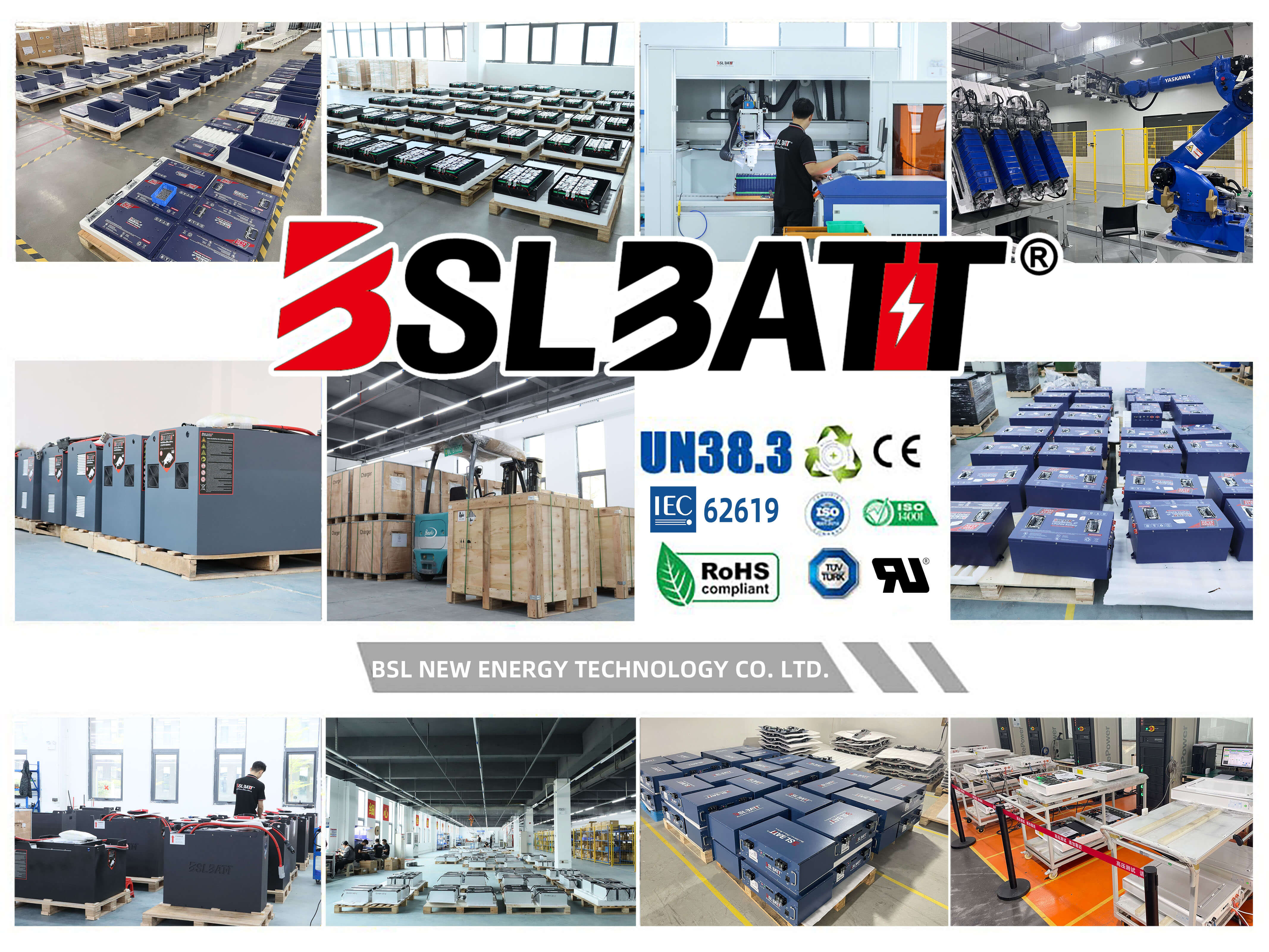
A Guide to Choosing the Best 48V Lithium Golf Cart Battery
Would it be worth investing in a 48V ...
10 Exciting Ways To Use Your 12V Lithium Batteries
Back in 2016 when BSLBATT first began designing what would become the first drop-in replacemen...
BSLBATT Battery Company Receives Bulk Orders from North American Customers
BSLBATT®, a China Forklift battery manufacturer specializing in the material handling indust...
Fun Find Friday: BSLBATT Battery is coming to another great LogiMAT 2022
MEET US! VETTER’S EXHIBITION YEAR 2022! LogiMAT in Stuttgart: SMART – SUSTAINABLE – SAF...
Looking for new Distributors and Dealers for BSL Lithium Batteries
BSLBATT battery is a fast-paced, high-growth (200% YoY ) hi-tech company that is leading the a...
BSLBATT to Participate at MODEX 2022 on March 28-31 in Atlanta, GA
BSLBATT is one of the largest developers, manufacturers, and integrators of lithium-ion batter...
What makes the BSLBATT the Superior Lithium Battery for your Motive Power needs?
Electric forklift and Floor Cleaning Machines owners who seek the ultimate performance will fi...








